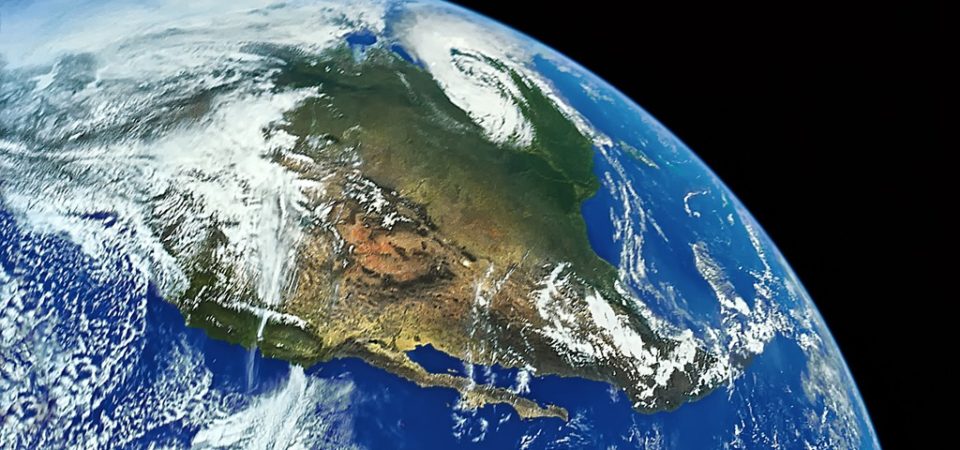Author(s): Andrew Beattie
Recent news coverage of the infant space tourism industry has generated many headlines about the rapid expansion of space exploration and the eventual conquest of space. It seems timely, then, to remind everyone that the space industry, like every other, is grounded firmly and irreplaceably in Earth’s ecosystems. While it is exciting to look up to the stars and dream of the future, what will happen, at least for the foreseeable future, depends on how the space industry, like all other industries, treat this world’s ecosystems.
Every ecosystem on Earth is in trouble. The World Economic Forum summarised this with numbers: in 1997 it estimated the annual value of ecosystem services globally at US$145 trillion, but that declined to US$125 trillion in 2014. Last year, the prospects for the future of humanity were characterised as “ghastly” as the value continued to decline through the clearance of native vegetation leading to soil loss and unparalleled flooding, rising pollution as new pollutants, notably plastics, were added to the list, crop pollinators, especially bees, plummeted in numbers and marine fisheries are exhausted by factory ships. The reader can probably look outside his or her window and identify yet more systems and services in trouble. (https://www.frontiersin.org/articles/10.3389/fcosc.2020.615419/ful)
So, what role does the space industry play in this chaos? It has already made huge contributions to the environment through its many observatory and monitoring satellites. These instruments have added greatly to our knowledge of changes in both the atmosphere and biosphere. However, a recent review of the environmental impact of space launches revealed damaging emissions reach the upper atmosphere and stay there for years. Other emissions negatively affect the troposphere. The report highlights the need for further study of the cumulative impacts that frequent space launches have on all areas of the environment, including global climate, ecosystem toxicity, and human toxicity, and with consideration given to all commonly used propellants, to ensure that the impacts are well characterised and well understood before the number of launches greatly increases. (https://www.sciencedirect.com/science/article/abs/pii/S0959652620302560)
But there is a compounding problem: an article published this week showed huge gaps in global emissions monitoring. While coverage has been good, at least in some areas and for some periods, it is very patchy and is complicated by non-compliance and the widespread dispersion of emissions, the latter appearing to be a major issue for those generated by rockets, especially with respect to the depletion of stratospheric ozone. The article highlights the urgent need for a major overhaul of the global monitoring systems. (https://www.nature.com/articles/d41586-021-01967-z
There appears to be a Catch-22 in all this since significant improvements in these systems will depend greatly on the launch of many more satellites, exacerbating the very problem they are deployed to observe and monitor. Thus, before the rich countries with their millionaire tourists swarm into space, there should be a very careful accounting of the costs and benefits to the planetary ecosystems upon which they depend. Embedded in this accounting should be the issue of the inequity of the planned tourism in which a tiny minority of highly privileged people potentially despoil the environments that support the rest of humanity who will never be able to participate. One suggestion that might help prospective space tourists reconsider is that they pay a re-entry fee, the Billionaire Astronaut Reentry Fee or BARF, set at a minimum of 10% of their net worth: https://publiccitizen.salsalabs.org/billionaire-astronaut-reentry-fee/index.html?eType=EmailBlastContent&eId=2f46f1d7-b5e5-43f1-862e-415b
The views and opinions expressed through the MAHB Website are those of the contributing authors and do not necessarily reflect an official position of the MAHB. The MAHB aims to share a range of perspectives and welcomes the discussions that they prompt.
